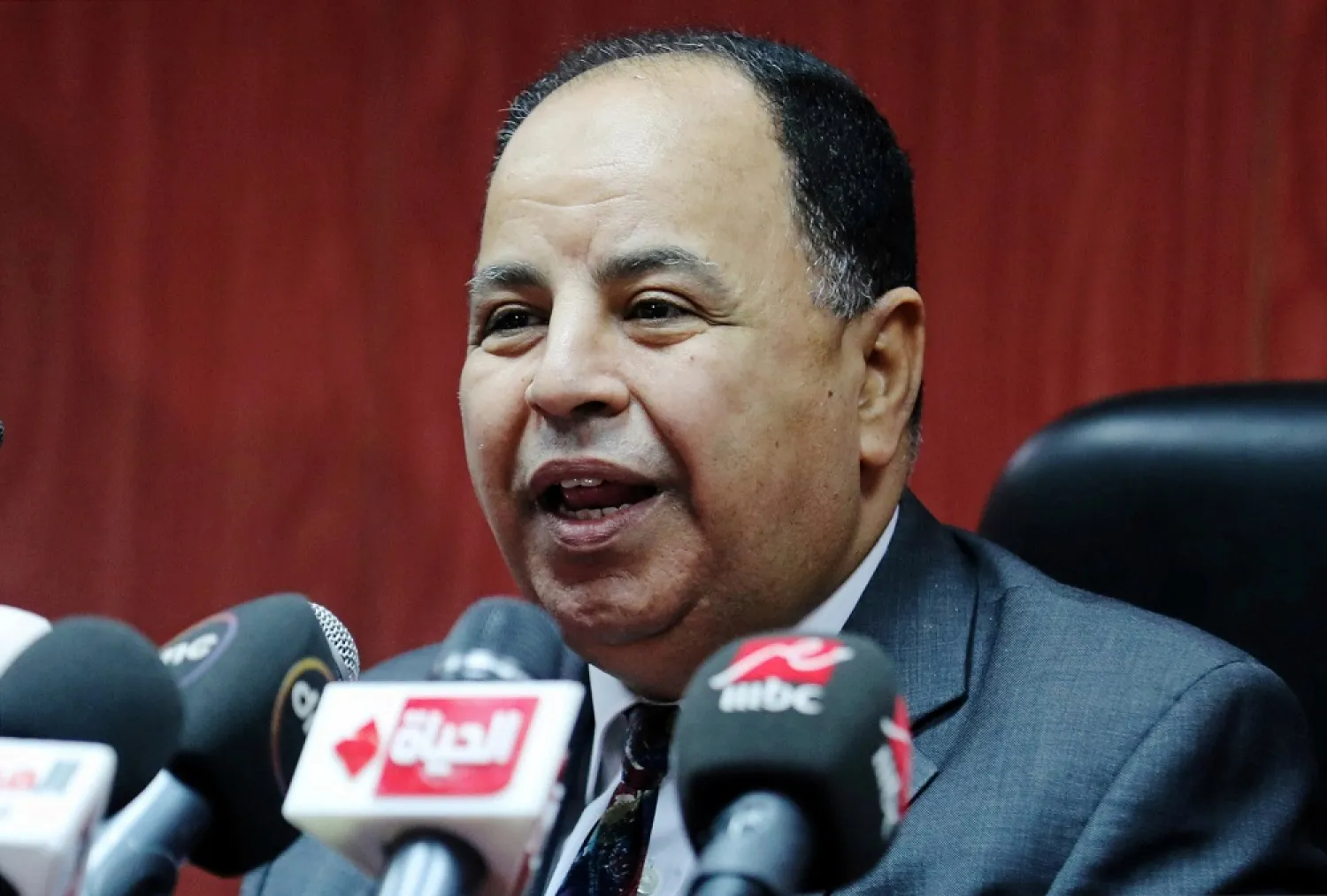Egypt’s Minister of Finance Mohamed Maait said that the new micro, small and medium enterprises (MSMEs) law includes many incentives to integrate the informal sector with the formal economy.
Maait noted that the temporary licenses issued for each of these projects replace any approvals or other legal procedures.
The tax due during the validity period of the temporary license was set at EGP1,000 annually for micro-informal economy projects whose annual turnover is less than EGP250,000.
It stands at EGP2,500 annually for projects whose annual turnover ranges from EGP250,000 to EGP500,000, and EGP5,000 annually for projects whose annual turnover ranges from EGP500,000 to EGP1 million, without the need to keep books.
Maait stated that Egypt is keen on stabilizing tax policies in the structural reform package.
The policies aim to control the country’s budget deficit rates and public debt of the gross domestic product (GDP), maintain sustainable economic growth rate, raise the efficiency of public revenue collection and ensure its proper management.
This would eventually contribute to creating a business climate, attract more investors and expand the developmental partnerships of the private sector.
The policies will strengthen the structure of the national economy, while improving the standard of living of citizens and upgrading the services provided to them.
Maait added that projects to modernize and digitize Egypt’s tax management system contribute to stimulating investment and facilitating procedures for financiers and raising the efficiency of tax collection.
Tax revenues are expected to increase by 15 percent during the last fiscal year, without adding more burdens on citizens.
The minister pointed out that the tax legislative umbrella has been developed in line with the process of modernizing and mechanizing the tax administration system. This is aimed at integrating the informal economy into the formal economy and laying the foundations for tax justice.
He said that the amendments made to the value-added tax law aim to legalese the situation after the application of the electronic declaration system.
They also aim to enhance the financial inclusion of e-payments, deepen communication between the Egyptian Tax Authority and registrants electronically, and facilitate tax refunds on purchases of foreign visitors.
This can boost tourism and allow the temporary release for three months of incoming messages for production operations or activity so that they do not incur fines. This is in addition to exempting goods and services received for economic zone projects, in order to stimulate investment.









